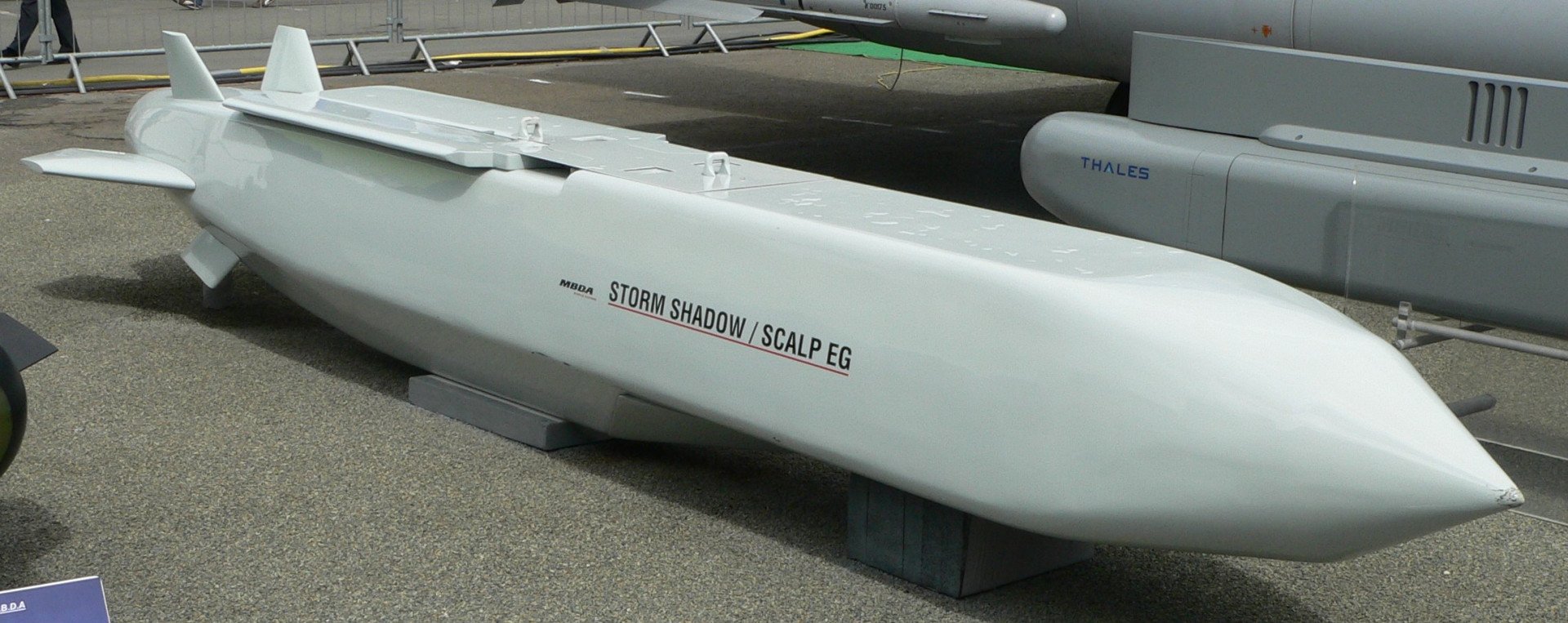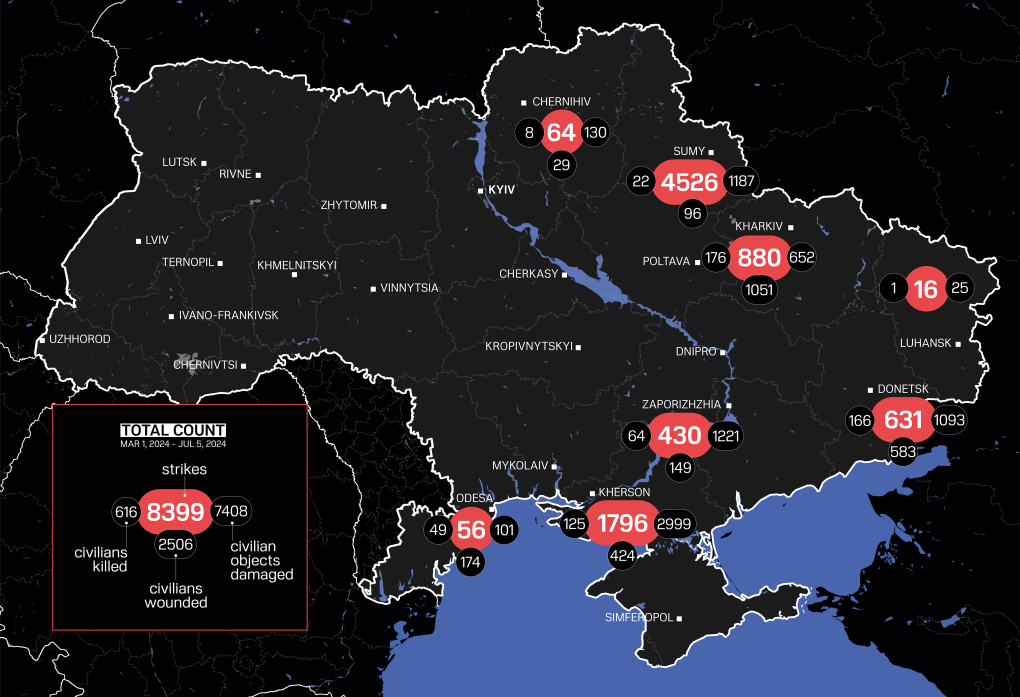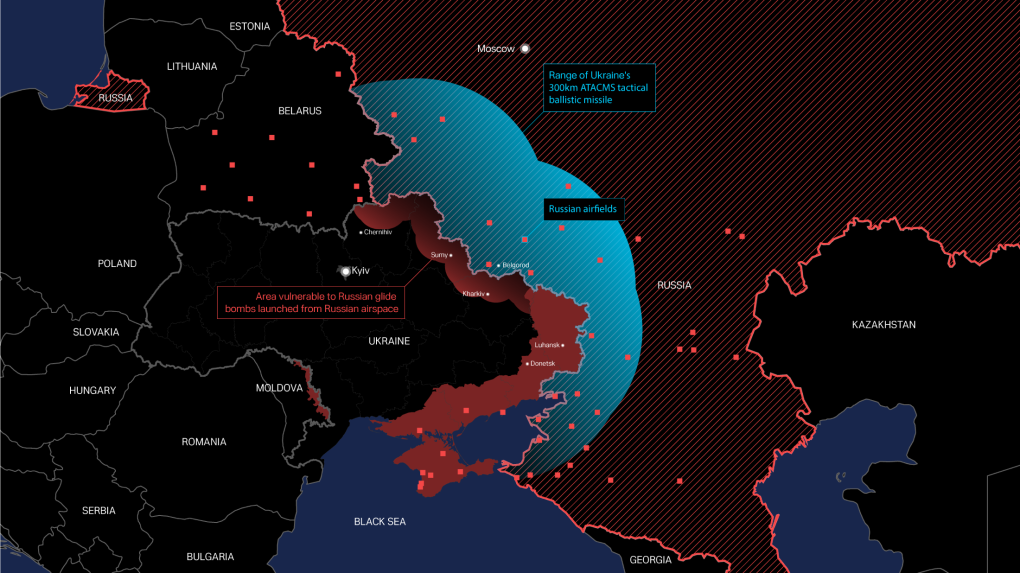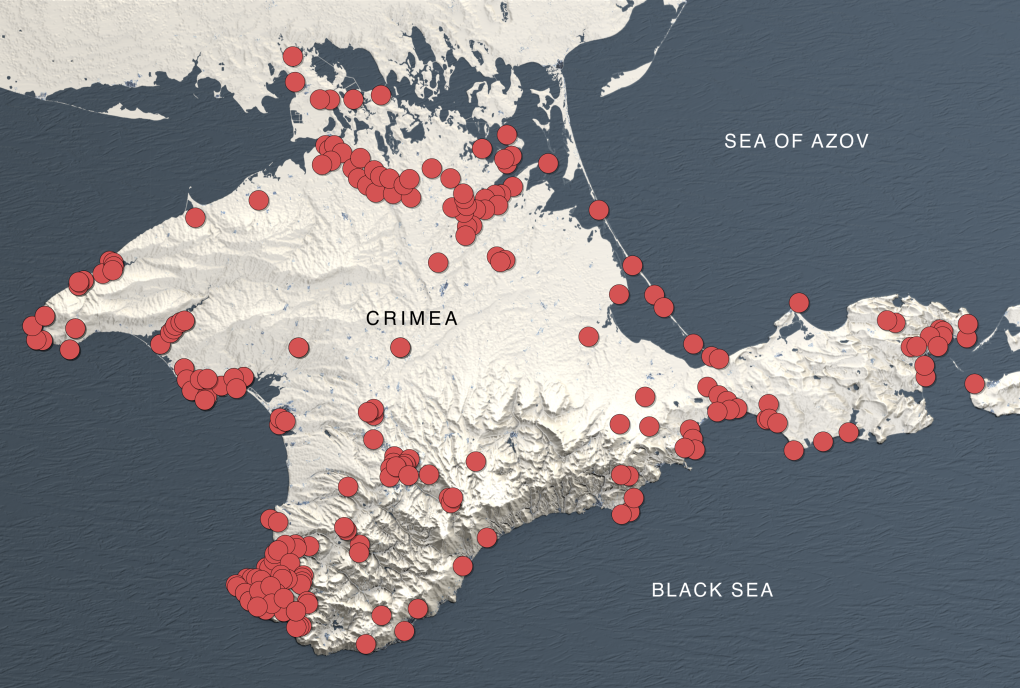- Category
- War in Ukraine
Zelenskyy Calls To Lift The Ban on Using Western Weapons Inside Russia: "We Can Protect Our Cities"

Using Western long-range missiles will allow Ukraine to destroy Russian military airfields.
The 75th-anniversary NATO summit is taking place in Washington, with Ukrainian President Volodymyr Zelenskyy among the participants. In his speech, he urged Western officials to lift restrictions on strikes using long-range missiles on military targets within the Russian Federation. According to him, such permission would help significantly limit Russia's actions in southern Ukraine and protect Ukrainian cities from shelling.
Military Airfields
One of the biggest threats to frontline Ukrainian cities is guided aviation bombs (GABs). These are launched from aircraft from within the Russian Federation. The range of these bombs is 70-80 km, posing a significant threat to cities like Kharkiv—only 30 km from the Russian border. Essentially, Russia can shell Ukrainian territory without leaving its own airspace. As a result, frontline Ukrainian settlements have been shelled over 8,000 times in the past four months, according to Ukraine’s General Prosecutor's Office.

Ukraine lacks sufficient air defense systems to protect all frontline areas, and not all air defense systems are effective against GABs. However, there is a way to counter these attacks—by striking Russian military airfields.
Long-range missiles like ATACMS and Storm Shadow/SCALP can reach targets up to 300 km away. With launches from Ukraine's frontline territories, dozens of Russian military airfields would be within range. These airfields are the bases for daily combat sorties carrying GABs.

If Ukraine is allowed to use Western long-range missiles against these targets, Russian shelling will become less frequent, and the usual logistics of Russian aviation will be disrupted.
Crimea and Military Bases
In his speech, President Zelenskyy also added: “We can significantly limit Russia's actions in southern Ukraine and drive the occupiers out if the American leadership helps us with the necessary capabilities to carry out deep strikes on Russian military and logistics in our Crimea.”
Currently, Crimea is a key supply hub for the Russian military in southern Ukraine. There are 233 military objects on the temporarily occupied peninsula. Since the beginning of the year, Ukraine has successfully hit dozens of these targets, but it's not enough. Certain restrictions on strikes in Crimea still exist, preventing Ukraine from fully utilizing allied support.

The most important task is to disrupt the enemy's logistics by cutting off the Russian army's supply routes. This requires strikes on depots, supply points, railways, and military bases. Ukraine conducts some of these operations with its own long-range drones, but long-range missiles have a much larger warhead and can inflict more powerful damage.
Disrupting logistics forced the Russians to retreat from northern Ukraine in 2022. The supply of HIMARS in the summer of 2022 and the availability of high-precision shells capable of hitting up to 80 km halted Russian advances by destroying rear depots and breaking logistics. Currently, the Russians have significantly moved their rear bases, but long-range missiles will help change the situation.
This has already shown results
Since May 2024, Western partners have allowed the partial use of long-range missiles—up to 100 km from the Kharkiv region's borders. This immediately enabled the destruction of an S-300/S-400 system shelling Kharkiv. Fearing further losses, the Russians moved other such systems further from the border and reduced their use. Additionally, as Zelenskyy pointed out at the NATO summit, long-range weapons helped stop the Russian advance in the Kharkiv region.
Earlier, the use of Storm Shadow/SCALP allowed the destruction of several Russian Black Sea Fleet ships and even a submarine, along with dozens of Russian military bases and equipment in Crimea.
To achieve better results, permission to expand the strike radius is needed. The United Kingdom has already given such consent."
-29a1a43aba23f9bb779a1ac8b98d2121.jpeg)

-0666d38c3abb51dc66be9ab82b971e20.jpg)
-35249c104385ca158fb62273fbd31476.jpg)


-554f0711f15a880af68b2550a739eee4.jpg)

